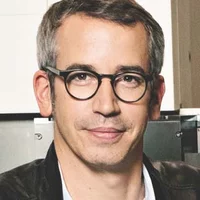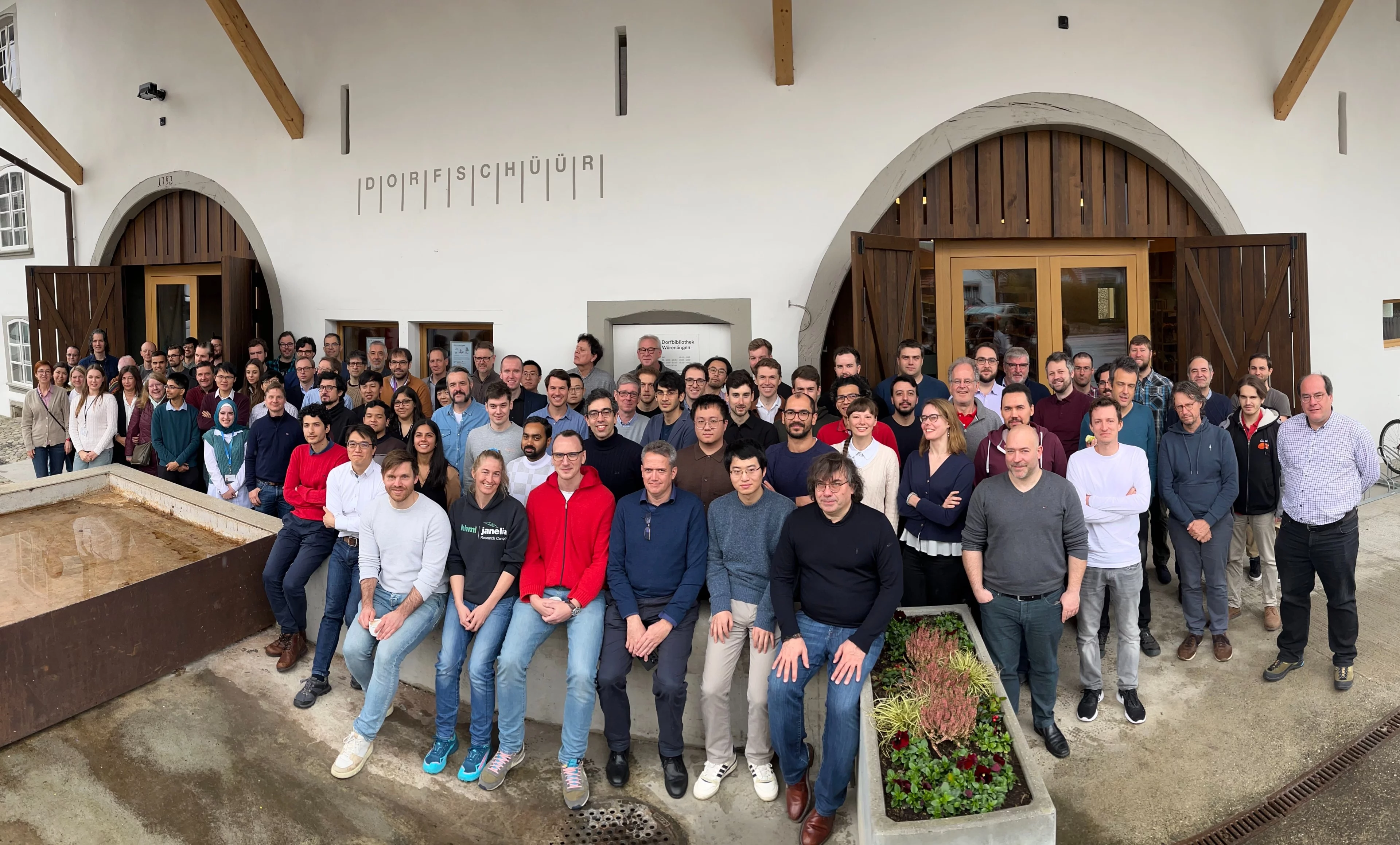The 1st Scientific Computing, Theory and Data Scientific Retreat commenced on March 13th, 2024, marking a significant milestone in the collaborative efforts of the division researchers and scientists. Hosted at the Dorfschüür Würenlingen, the event brought together the division to share insights, updates, and visions for the future of our division.
The event started with a speech by Prof. Christian Rüegg, Head of Center a.i. and the Director of PSI. Prof. Rüegg welcomed attendees and expressed his enthusiasm for the collective work of CSD while outlining the exciting prospects ahead. Dr. Alun Ashton, Head of AWI (Science IT Infrastructure and Services), followed with a comprehensive presentation detailing AWI's contributions, emphasising data volumes and the division's pivotal role.
Prof. Andreas Martin Läuchli Herzig, Head of LTC (Laboratory for Theoretical and Computational Physics), illuminated the gathering by speaking about the mission of CMT (Condensed Matter Theory), shedding light on LTC's status as an expanding laboratory within CSD and its innovative scientific achievements. Prof. Nicola Marzari, Head of LMS (Laboratory for Materials Simulations), exposed the laboratory's objectives, emphasising the development of theory and algorithms, capability building, and knowledge dissemination, including insights into AiiDAlab.
Prof. Laura Grigori, Head of LSM (Laboratory for Simulation and Modelling), delved into LSM's mission, focusing on Accelerator Modelling, Advanced Simulations, and notable projects like HPNALGS L.Grigori and the SDSC Hub at PSI.
Following an engaging coffee break where attendees merged, admired posters showcasing the work of PhDs and Postdocs, and captured moments in a group picture, the retreat resumed with Prof. Grigori's presentation on "Trends in high-performance computing." This was followed by an update on the TransAlps project by Derek Feichtinger and a captivating presentation titled "The electronic structure genome of three-dimensional crystals" by Junfeng Qiao, Giovanni Pizzi, and Nicola Marzari.
Poster presentations from PhDs and Postdocs from LSM and AWI provided a platform for emerging researchers to showcase their work. A lunch break followed, fostering lively discussions and poster exploration before the event resumed with Michael Schüler's enlightening speech on the "Light-Matter Interaction Group."
Prof. Andreas Läuchli delved into the details of "Spectroscopy of Quantum Lattice Models," followed by Alexander A. Eberhanter's exploration of "Quantum many-body phases and dynamic spectra using Matrix Product State calculations." Iurii Timrov presented insights into "Hubbard-corrected Liouville-Lanczos TDDFT for accurate modelling of spin-wave excitations," followed by engaging presentations from PhDs and Postdocs from LMS and LTC.
Benjamín Béjar shed light on "Inverse problems with data-driven priors," while Flurin Hidber delved into "Understanding photo-switchable proteins with large language models." Markus Janousch expounded "Applications in DPDC," before Sokseiha Muy and Nicola Marzari concluded the retreat presentations with an insightful discussion on "Li+ transport in all-solid-state Li-ion batteries with deep neural networks."
The event concluded with informative discussions within labs, concluding presentations per lab, and a wrap-up by Prof. Christian Rüegg, Division Head, reflecting on the event's achievements. The day concluded with a friendly get-together Apero, connecting the attendees.
We extend our genuine gratitude to all participants for their vital contributions to this enriching event. Special appreciation goes to Viviana Sabatini and Nadja Ebner for coordinating a remarkable retreat experience.

